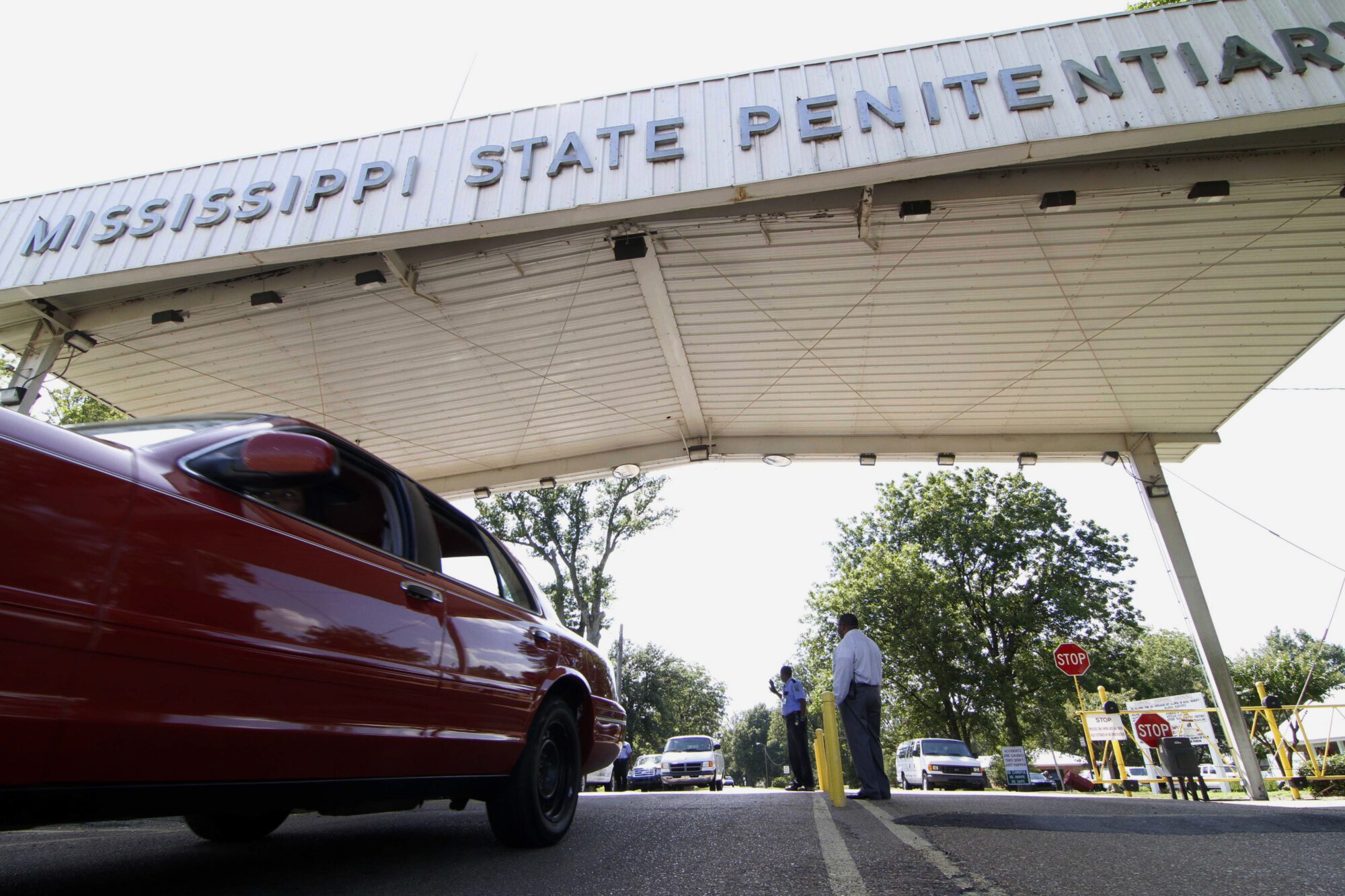Yesterday, lawyers for Judge Bobby DeLaughter filed two motions to dismiss. Jerry Mitchell has a good article about it this morning (hattip on the motions to the Clarion Ledger).
The first motion to dismiss covered count 1, which alleges that DeLaughter was corrupted by accepting “something of value” – namely consideration of a federal judgeship from Trent Lott. Far be it from me to provide super legal analysis as I am not a lawyer. My friend, Tom Freeland, has a detailed analysis on the first motion.
The motion begins by noting that the indictment alleges that Peters got $1M from the conspiracy but “does it does not allege that Judge DeLaughter knew Peters had recieved the money” and therefore does not charge that Languston paid Peters a thing of value that Delaughter “accepted and agreed to accept for himself and others.”
This is really interesting and effective hair-splitting– it is an argument the indictment needs to allege that Judge DeLaughter knew Peters was getting something. Recall that I’d suggested in s prior post that DeLaughter might argue that a third party beneficiary contract wasn’t enough to show quid pro quo– but here, Judge DeLaughter has gone one better, and argued it isn’t even a third party beneficiary contract because there is no allegation he knew Peters was getting paid.
Very clever.
However, the roadblock that all this fancy lawyer talk will run into inevitably is a cooperating Ed Peters. A lot of this seems to hinge on intent. My bet is that Peters will be a pretty good witness (if it ever comes to that).
Here’s Tom’s analysis on the second motion to dismiss counts 2, 3 & 4 (right on cue). Here is that motion. This motion covers the mail fraud issues, which are pretty mundane. Over and over again, the lawyers seemed to assert that even if the Feds prove that what DeLaughter did was wrong, they have to prove that it violated Mississippi law for the underlying mail fraud statute. This may come back to the fact that judicial corruption has been so rampant in Mississippi that our own laws may be our undoing.
The principles of statutory interpretation outlined above address the vagueness of the honest services and mail fraud statutes and their failure to provide fair notice. But those
principles do not resolve the federalism concerns that the statute presents when turned against local elected officials. To diminish those concerns, the Fifth Circuit requires the duty of honest
services to rest upon state law. The state law provisions the indictment identifies do not support an honest services charge against Judge DeLaughter.
Thank you, Jim Hood.
Two other points stand out. First, DeLaughter hires Tom Durkin and a lawyer from Jones Day. That’s really big bucks. Second, the fact that he’s not arguing count 5 (lying to federal investigators) yet may mean that he’s lawyering up early to try and punch holes in the other counts for a better deal. The alternative read is that the defense is waiting to receive some discovery (i.e. the interviews in which DeLaughter allegedly lied to the Feds) before moving to dismiss. Either way, in my mind, the allegation of lying to Feds is the biggest hammer on DeLaughter of them all.







